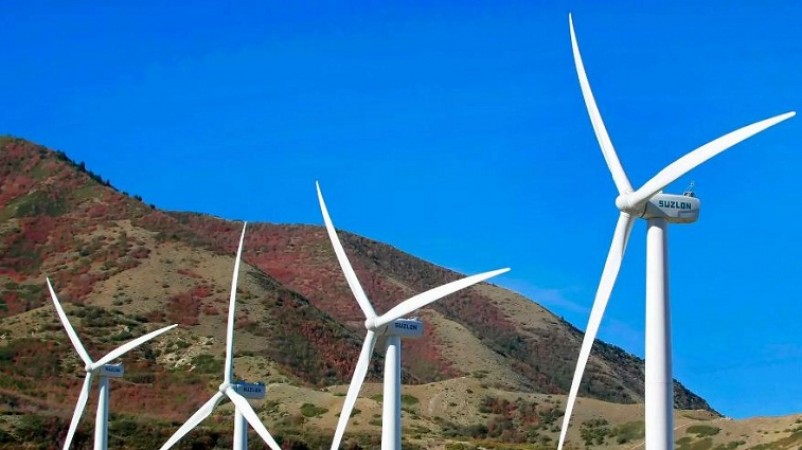
Madhya Pradesh has set an ambitious goal of producing an additional 20,000 Megawatts (MW) of clean energy by 2030, leveraging renewable energy sources. Currently, the state generates 5,500 MW of green energy, but it aspires to significantly increase this capacity to meet the energy needs of both its residents and neighboring states.
Over the next three to four years, the government is dedicated to achieving this target through various projects. The centerpiece of this endeavor is the Agar-Shajapur-Neemuch solar park, boasting a 1,500 MW capacity. Additionally, the Omkareshwar floating solar power plant, with an impressive 600 MW capacity, is in the pipeline. Notably, it is one of the world's largest floating solar facilities.
The state also plans to execute a 750 MW hybrid project and a 950 MW hybrid storage project in Chattarpur. These projects blend solar panels and windmills to harness energy from both sunlight and wind velocity effectively. Furthermore, the Kusum-A and Kusum-C projects, totaling 1,750 MW, will be implemented as part of this green energy initiative.
The Kusum Scheme encourages farmers and other stakeholders to establish small renewable energy plants, each capable of generating 2-3 MW of green power. This transformation from traditional food grain producers to clean energy developers promises to augment their income significantly.
Notably, Madhya Pradesh is embarking on the construction of a 1,400 MW solar energy power plant in the Chambal region within the Morena district. This venture is aligned with the 'Ultra Mega Renewable Energy Power Parks Scheme (UMREPP)' and represents a significant step towards harnessing clean energy potential.
The Omkareshwar project, beyond its solar energy contributions, will serve multiple purposes, including irrigation, hydropower generation, and tourism promotion. It is expected to have far-reaching benefits for the state, including a reduction of approximately 12 lakh tons of carbon emissions, the preservation of 1200 hectares of valuable land that could be utilized for agriculture or other industries, thereby boosting the state's economy.
One notable advantage of floating solar projects is their minimal impact on the environment. Unlike ground-mounted solar projects that require underground water for panel cleaning, the floating solar project will utilize water from the reservoir, which will flow back, conserving both groundwater and reservoir water. This approach is expected to save about 32.4 million cubic meters of water annually, equivalent to the daily water demand of a significant population.
Madhya Pradesh's commitment to expanding its clean energy capacity not only addresses its energy needs but also champions environmental sustainability and economic growth.
MP Govt Announces 35% Reservation for Women in Govt Jobs
PM Launches Projects Worth Rs 17,000 Cr in Rajasthan and Madhya Pradesh
Cabinet Approves 8-Lane Corridor in Bhopal and Various Reforms